In our media-saturated world, it is often difficult to determine how much of our perceptions of the world are based on what we see on television or in movies and how much is based on what we read in books.
This is especially true regarding stereotypes, which are generalizations that simplify a society’s diversity. Stereotypes can be damaging to people who don’t fit into the stereotypical mold. For example, people of color frequently face slurs like “ching-chong” or “gook” and are often portrayed as criminals or terrorists on television. Additionally, female characters in the media are often depicted as weak and passive.
Even when they work twice as hard as their male counterparts. When people come into contact with these stereotypes, it can greatly impact their self-esteem and how society values them. If you ever feel discouraged by media messages about women, please remember that you are not alone and that change is possible.
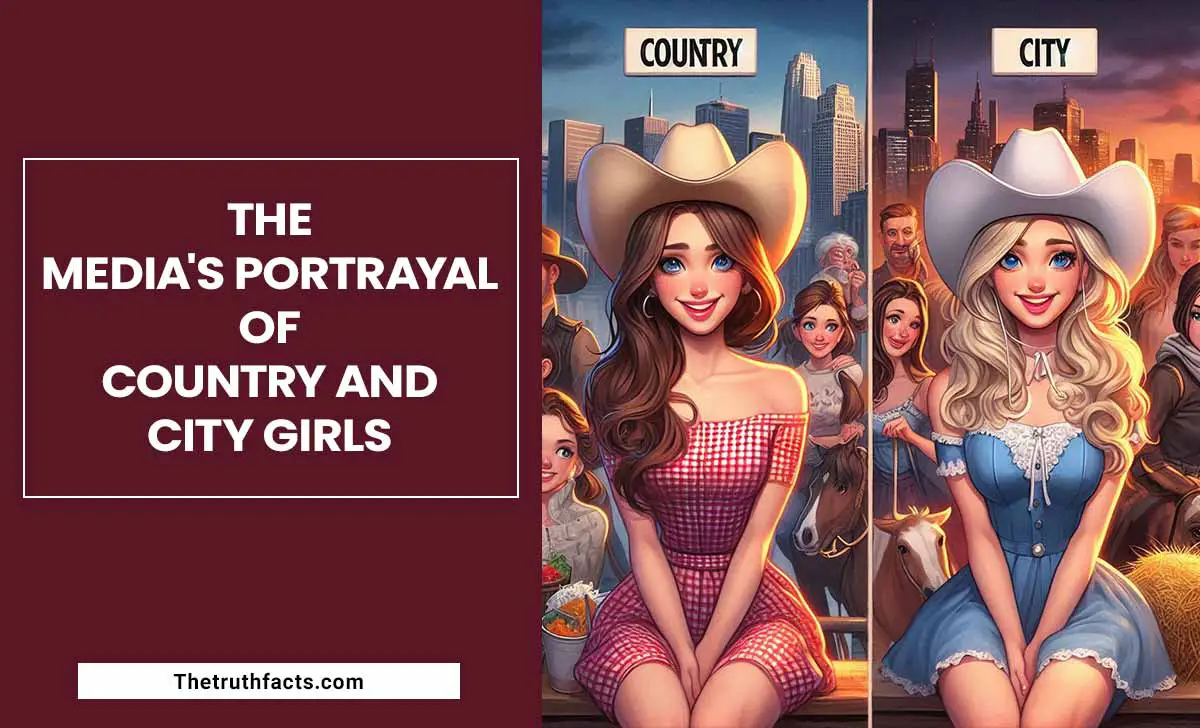
The Media’s Portrayal Of Country And City Girls

When you think of popular films, you probably don’t see many of your favorite actors or actresses. Instead, you see the characters they play and the stereotypes that come with them. While these stereotypes can be fun to watch, they can also harm society.
Negative media portrayals of country and city girls harm their self-esteem and mental health, especially among those living in poverty. These girls are often portrayed as uneducated and unfulfilled, perpetuating the stereotype that they are less deserving than their urban counterparts.
Negative media portrayals of country and city girls also contribute to the cycle of poverty and social exclusion. The media’s portrayal of country and city girls must change for the better. So that these young women are positively represented in the media and receive the recognition they deserve.
The Negative Portrayal Of City Girls
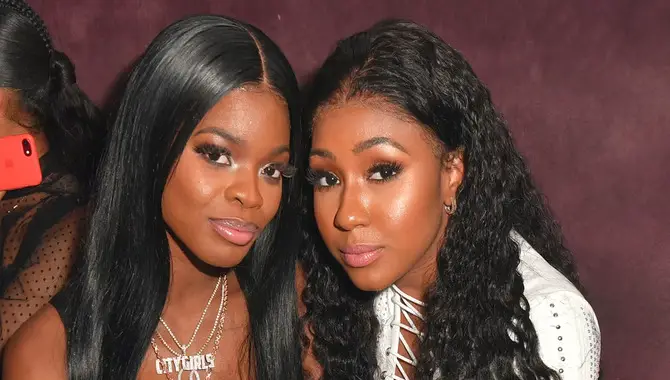
The media’s portrayal of city girls can be negative, often focusing on their negative aspects. For example, the media may focus on how city girls are different from country girls and may present them as superficial or self-centered. This portrayal can lead to a negative self-image for city girls and discourage them from pursuing their dreams.
Additionally, the media’s negative portrayal of city girls can create a lack of understanding and respect for city life. This portrayal of city girls can lead to stereotypes about women in cities and contribute to a lack of gender equality in our society. By negatively portraying city girls, the media perpetuates stereotypes that women must be one certain way to succeed.
The Negative Portrayal Of Country Girls
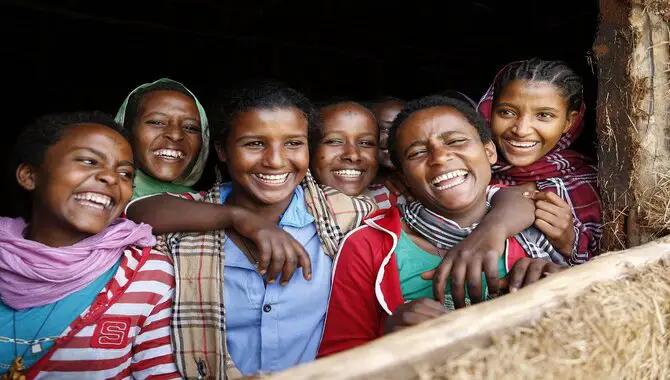
The media’s portrayal of country girls can be harmful, as it often perpetuates negative stereotypes and inaccurate community representations. Country girls are often portrayed negatively. With media stories centered on rebellious behavior and failure to live up to societal expectations. This portrayal can hurt their self-esteem and sense of worth.
As a result, country girls are often viewed as social outcasts who must work hard to earn respect from their community. But in reality, country girls are strong, resilient women who deserve more credit for their accomplishments.
The media portrays country girls largely based on stereotypes and inaccurate portrayals. Instead of painting an untrue picture of the community. It would be beneficial to showcase the many facets of the population. By doing so, the media could better represent this unique group and highlight the amazing achievements of young women from rural communities everywhere.
The Need For Positive Portrayals Of City And Country Girls

The media’s portrayal of the city and country girls is often negative. Stories about city and country girls tend to focus on their lack of success or their sexualization in a way that can damage young girls’ self-image. Positive portrayals of city and country girls can help create positive stereotypes of young women and challenge the negative ones in the media.
It is important to raise awareness about the need for positive portrayals of city and country girls and to share these positive portrayals with as many people as possible. By sharing positive images of city and country girls. We can help change how young girls view themselves and break free from media stereotypes.
The Focus On Stereotypes And Negative Portrayals
Stereotypes and negative portray of country, and city girls in the media hurt their self-esteem and mental health. These stereotypes can limit the opportunities for country and city girls, portraying them as limited or inferior compared to urban women. The media’s portrayal of country and city girls is based on outdated values and norms that are no longer relevant in today’s society.
To advocate for the rights of country and city girls. It is important to speak out against the media’s negative portrayals. By recognizing how these narratives affect women. It is possible to create a more diverse media landscape that accurately portrays all women in society.
The Negative Impact On Girls’ Self-Esteem
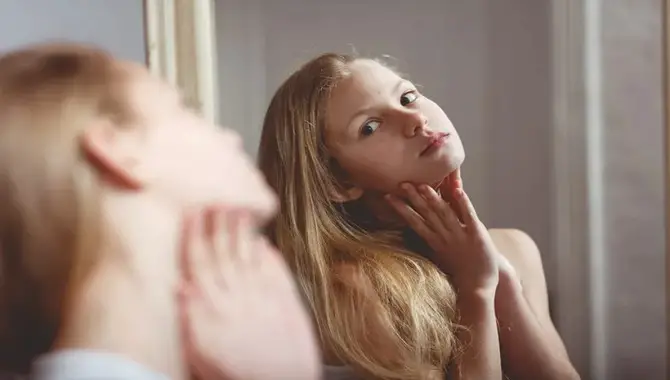
The media’s portrayal of country and city girls can harm girls’ self-esteem. Media images of country and city girls often portray them as uneducated, spoiled, and superficial. These stereotypes can lead to a negative perception of country and city girls and contribute to low self-esteem in young women.
As a result, these young women may not pursue opportunities that would help them grow and develop as individuals. The media’s portrayal of country and city girls must change to reflect the diverse range of young women today accurately.
The Misrepresentation Of Country And City Girls In The Media
The media often portrays country and city girls in a negative light. This misrepresentation of the country and city girl causes issues for how these girls view themselves and their futures. To change this situation, country and city girls must represent positively in the media.
By portraying country and city girls as strong, smart, and capable. The media can help create a more accurate image of young women everywhere. Such representation would help reduce stereotypes and influence positive trends in society.
By portraying country and city girls as strong, smart, and capable, the media can help create a more accurate image of young women everywhere. Such representation would help reduce stereotypes and influence positive trends in society. The media has the power to shape public opinion on important issues like gender equality. So it must present an accurate picture of young women today.
The Need For Media Reform
The media has a significant role in shaping public opinion and perceptions. One of the most common ways the media portrays women is by portraying them differently from one another. In particular, country girls and city girls are often portrayed in different ways in the media.
Country girls are typically depicted as innocent and naive, while city girls are seen as independent and assertive. This differential portrayal of women leads to the need for media reform, as the media should reflect the diversity of the population it covers. Instead of portraying only one type of woman, the media should show a more accurate picture of women in society.
Social Groups And Stereotypes In The Breakfast Club
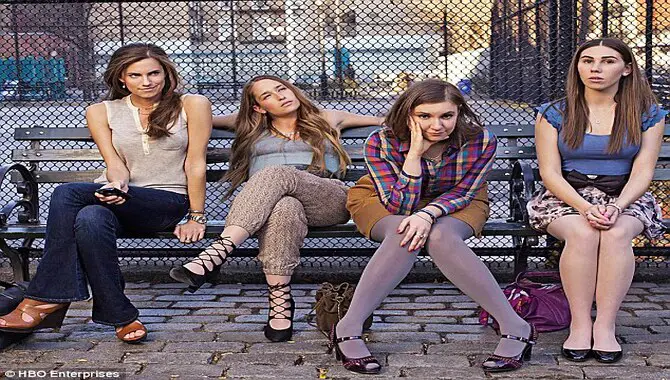
Social groups and stereotypes are often portrayed in the media, which can hurt young people. The Breakfast Club is a popular movie that portrays a stereotypical view of the city and country girls. The main characters embody many of the traits associated with these groups, including high-maintenance attitudes, superficiality, and materialism.
This film teaches young people to distrust and dislike other social groups. These groups generally encompass individuals from different socioeconomic backgrounds, races, genders, sexual orientations, and abilities.
As children grow up watching media, they may begin to internalize negative messages about social groups and develop negative attitudes toward them. This negative attitude can influence their interactions with people from different groups in school or at work. Society needs to try to change how social groups are portrayed in media so that young people can be more accepting of others and life as a whole.
There are ways to empower children and help them resist the negative effects of social groups and stereotypes in media. For example, educational programs could provide children with the tools to analyze media content and promote critical thinking skills. Youths should also encourag to interact with people who belong to different social groups rather than just their group. By raising awareness of the diverse social groups around them, youth can develop healthy views of other cultures and communities.
Being Asian Stereotypes Essay
The media significantly impacts the perception of and confidence in Asian girls. The portrayal of city and country girls often reflects negative stereotypes that can affect self-esteem. This media portrayal is unfair and potentially harmful to developing positive, accurate perceptions of Asian girls in society. Changing this representation will encourage other young Asians to pursue a career in the country or city and help improve their self-esteem.
More positive portrayals of city and country girls will provide an example for other young women, demonstrating the value of pursuing a career in rural or urban areas. This will help create a more balanced representation of women in media and inspire others to follow their dreams and ambitions no matter where they are from.
African American Stereotypes In Society
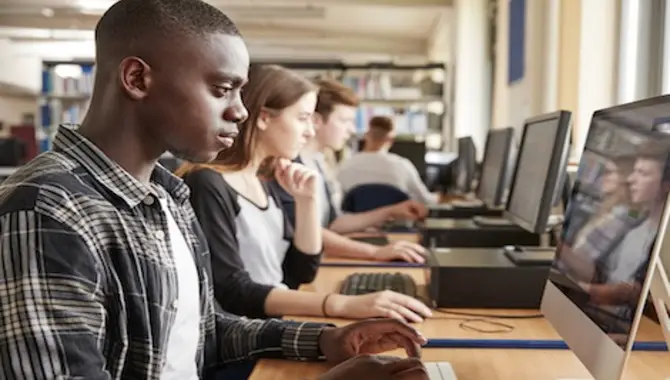
The media’s portrayal of country and city girls often revolves around the idea of “the bad girl.” This negative portrayal leads to the downfall of many African American girls who aspire to be like the “good girl” portrayed by the media.
– The media’s portrayals of country and city girls often lead to negative self-images for these girls.
– This negative depiction can also impact how these girls view themselves and their families.
– There is a need for more positive media representations of African American girls.
African American women deserve to represent positively in media. There is a need for diverse representation of African American women in media, whether they are good or bad, successful or struggling, etc. Besides, it is important to recognize that women from different walks lead diverse lives and experiences.
How Stereotypes Affect Society Essay
Stereotypes about the country and city girls harm individuals and can lead to negative body image and self-esteem, poor eating habits, compulsive exercise, and disordered clothing. Negative stereotypes about country and city girls also negatively impact society by contributing to gender inequality in many societies.
The media often perpetuates negative stereotypes about country and city girls by portraying them in stereotypical ways. These stereotypes reinforce negative ideas about women from rural areas, which can contribute to gender-based discrimination.
As more of the world’s population lives in urban centers, the media must challenge these stereotypes and create positive images of women from diverse backgrounds. By providing accurate and balanced portrayals of country and city girls in media. We can help to dismantle these harmful stereotypes and create a more inclusive society.
Conclusion
There is no doubt that stereotypes exist. But it is vital to understand that stereotypes are just generalizations. They make life easier for people like you, who don’t have to put much thought into a decision because they can rely on them being true. Every individual who exists has different characteristics, and the stereotypes we hold of people are no exception. They are simply a way of making life simpler for everyone else.
But the danger lies in the fact that they can work against us if we allow them to define us and control our lives. It’s not easy to challenge stereotypes, but it’s important to do so because all young people deserve to treat as individuals. To change how people view you, educate yourself on popular social groups and try to understand their culture from a personal perspective first.
Frequently Asked Questions
1.What Is The Media’s Effect On Women’s Body Image?
Ans: There is no doubt that the media harms women’s body image. With its relentless obsession with thinness and an overall negative portrayal of country and city girls. The media has done more than just influence women’s sense of self-consciousness. It’s created an unhealthy obsession with weight and appearance that ultimately harms women’s physical and mental well-being.
2.How Is Gender Represented On Television?
Ans: Gender representation on television is often harmful to young girls. Country girls are typically portrayed as innocent and naive, while city girls are portrayed as career-focused and independent. The media often portrays city girls in a negative light, casting them as superficial and materialistic.
3.What Type Of Body Image Does The Media Emphasize?
Ans: One of the biggest problems with the media’s portrayal of body image is that it often emphasizes the thin and air-brushed body type of country and city girls. This type of body image is often very unhealthy, as it leads to an obsession with being thin and an unwillingness to put in any effort to maintain a healthy weight.
4.What Is An Example Of Representation In Media?
Ans: An example of media representation is how certain groups of people portray. This can be harmful, as it can lead to stereotypes and unfair generalizations about certain groups of people. There is a solution to this problem, though. Increasing the number of positive representations of country and city girls in the media can help change how these groups view.
5.Why Do I Feel Inferior Because I’m From A Small Town Or A Rural Area?
Ans: No doubt, feeling inferior comes with being from a small town or rural area. It’s natural to feel this way, given the media portrays city girls as innovative and successful, while country girls portray them as traditional and uneducated.

I’m a writer and blogger who loves to talk about entertainment, culture, and relationships. I love to share my thoughts and insights on these topics, and I’m always looking for new ways to engage with my readers. I’m also a big fan of learning new things, so I’m always exploring new areas of interest.
